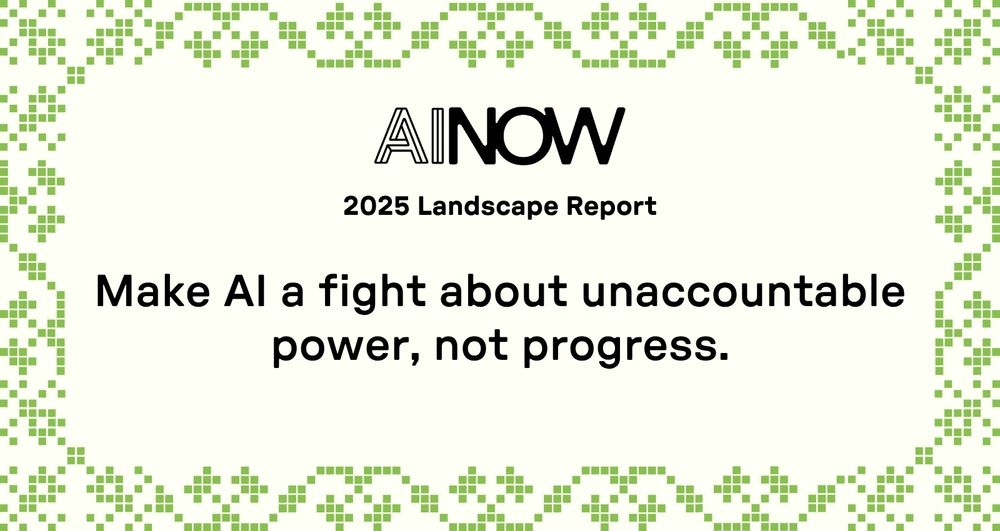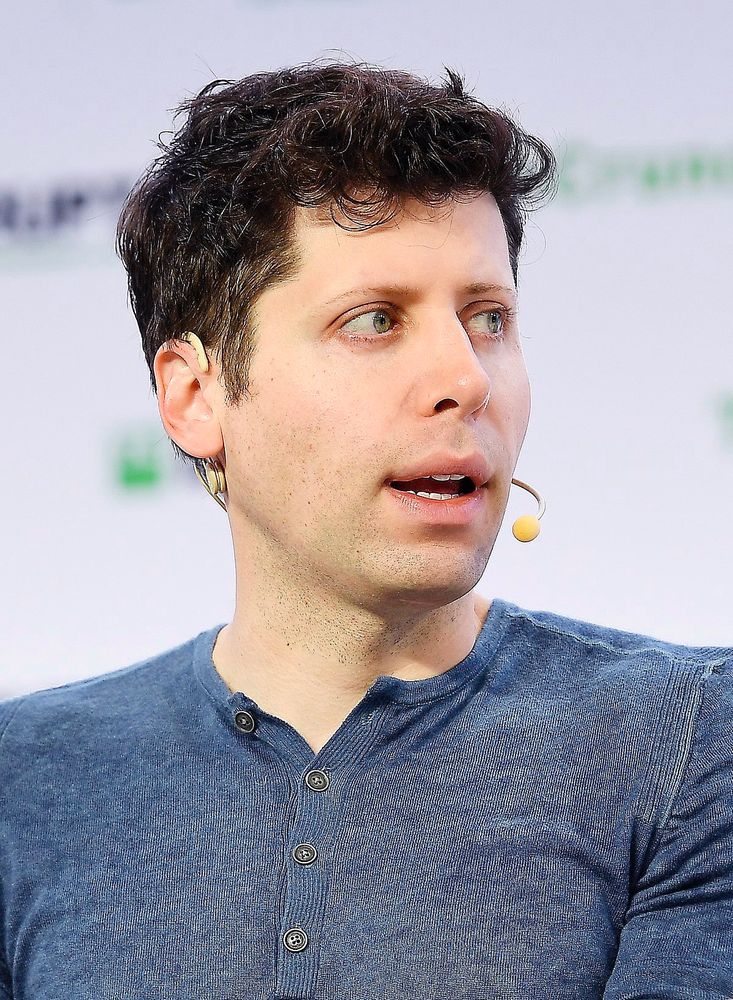kate brennan
@kate-brennan.bsky.social
160 followers
49 following
21 posts
associate director of ainowinstitute.org
Posts
Media
Videos
Starter Packs
kate brennan
@kate-brennan.bsky.social
· Jun 11
Reposted by kate brennan
Naomi Klein
@naomiaklein.bsky.social
· Jun 4
Reposted by kate brennan
kate brennan
@kate-brennan.bsky.social
· Mar 13
kate brennan
@kate-brennan.bsky.social
· Mar 13
kate brennan
@kate-brennan.bsky.social
· Feb 12
Reposted by kate brennan
Reposted by kate brennan
Karen Hao
@karenhao.bsky.social
· Jan 27
Reposted by kate brennan
kate brennan
@kate-brennan.bsky.social
· Dec 20















